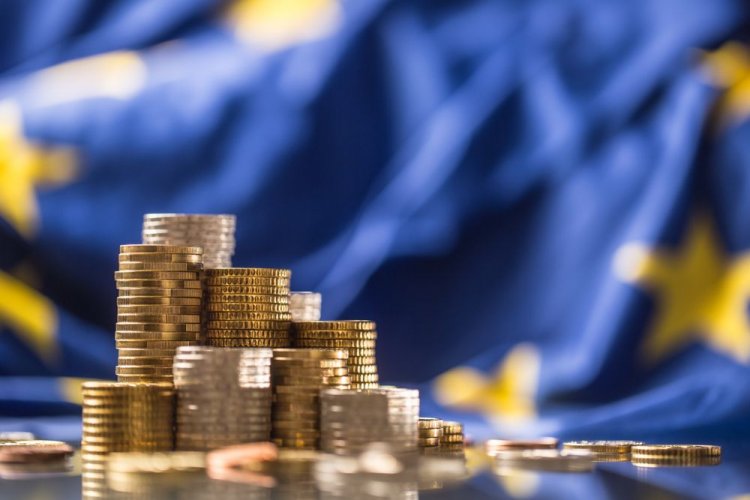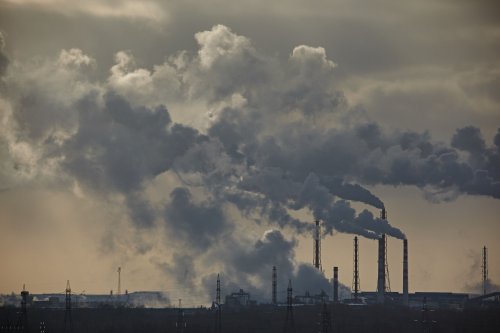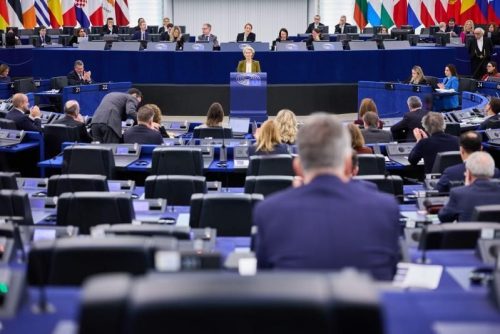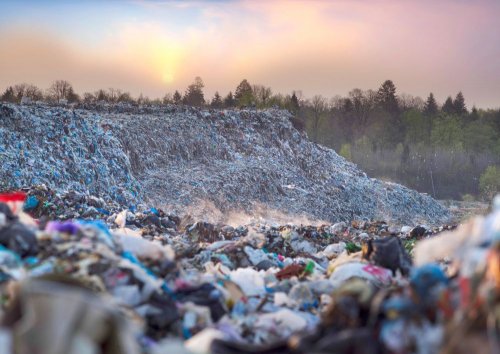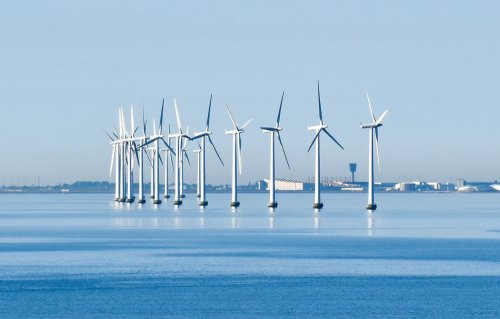Ukraine may not receive about €4.4 billion in potential and available funding from the EU until 2027 for green transformation due to the launch of the new Ukraine Facility mechanism.
Olha Boyko, coordinator of the EBA's Industrial Ecology and Sustainable Development Committee, warned about this in an interview with Mind, emphasizing that the Ukraine Facility will replace some other support programs.
She said that in the EU, the amount and directions of funding are represented by the Multiannual Financial Framework (MFF). The program provides funding for member states, candidate countries, partner regions or individual states. Other programs operate within its framework, in particular:
- Multi-annual Indicative Program, MIP – financing of sustainable economic development, rule of law and security, environmental and climate sustainability, digital transformation, as well as a sustainable, gender equal, fair and inclusive society;
For the implementation of these reforms, Ukraine received €141 million in 2021, and from the spring of 2022, MIP money was directed to emergency support due to the war. Thus, Ukraine has already received 90% of the funding for 2021–2024.
Boyko noted that the total planned budget for Ukraine until 2027 is €2.6 billion, but in the event of launching the Ukraine Facility, Ukraine may lose access to these funds.
- Ukraine Facilites (under development from the summer of 2023) is a new instrument for financing the recovery, reconstruction and modernization of Ukraine by providing €50 billion in financial assistance in 2024–2027.
She explained that only €2.5 billion of this amount, i.e. 5%, is intended to support European integration environmental reforms and economic transformations.
The expert drew attention to the fact that it also exists in the EU Pre-entry support tool (Instrument for Pre-Accession Assistance, IPA). Although Ukraine became a candidate in June 2022, the country is still not included in the list of states that can access this funding.
"According to the EU's plan, the Ukraine Facility will replace some other support programs. As a result, Ukraine will not only not receive €923 million for green transformation within the framework of the MIP, but also may forget about €3.5 billion in aid, which it would claim thanks to the IPA until 2027," the expert emphasized.
In her opinion, within the framework of the Ukraine Facility, it is advisable to consider the possibility of supporting the green transition of the Ukrainian economy, for example in the form of grants or other forms of co-financing of projects in leading industries. This will ensure the traditional support of countries before joining the EU from funds used by other countries.
As EcoPolitic reported earlier, the head of the DiXi Group analytical center Olena Pavlenko stated that Ukraine in 2023 came close to the goals of the European Green Course and should speed up legislative implementation, ensure project scaling and attract funds.

